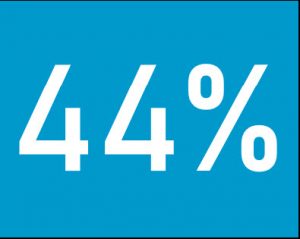 For quite some time the dominant American narrative has focused on strong and growing economy, low unemployment, and significant returns in the stock markets.
For quite some time the dominant American narrative has focused on strong and growing economy, low unemployment, and significant returns in the stock markets.
This is part of the story, but certainly not the whole story. As we start 2020, I’ve been thinking quite a bit about the nearly 1 in 2 (44%) American workers who are working low wage jobs.
Meet the Low Wage Workfoce
“Meet the Low Wage Workforce” is the title of a 67 page report written by Martha Ross and Nicole Bateman for the Brookings Institutition’s Metropolitan Policy Program. Published in November 2019, the research
found that 53 million Americans between the ages of 18 to 64—accounting for 44% of all workers—qualify as “low-wage.” Their median hourly wages are $10.22, and median annual earnings are about $18,000.
Demographics
Low-wage workers are a rather diverse group
Race:
- White – 52%
- Hispanic or Latino – 25%
- Black – 15%
- Asian American – 5%
Gender:
- Female: 54%
- Male: 46%
Education:
- High school diploma or less – 49%
- Some college and/or associate degree – 37%
- Bachelor’s degree or more – 14%
When compared with the workforce as a whole, low wage workers have less education. Additionally, women and black and Hispanic or Latino workers are overrepresented in the low wage group (p.9).
Recommendations
The report offers a few recommendations that are likely essential to helping low wage workers move into the higher wage category, including
- Improve worker skills
- Address discrimination and bias in the labor market
- Promote good jobs through economic and workforce development (p.40-44).
So What?
A recent federal reserve study found that 40% of Americans do not have savings of $400 to address emergency expenses or pay for other unexpected and occasional expenses.
In 2019 the National Low Income Housing Coalition published an interactive map showing just how out of reach modest housing is for low income workers. For example in my home state of Texas, a worker would need to earn $20.29 an hour to afford a modest two bedroom rental unit (or work 112 hours a week at minimum wage).
As people of faith, we must not accept the present state as normative.
I’d love to hear how your faith community is involved in the work of helping low wage workers directly as well as the work of advocating for systemic change.